Non-profit organizations featured in the forefront of affordable housing development - by Osei Rubie
Non-profit organizations (NPO) have recently been featured prominently in affordable housing development. Many NPOs form to fulfill a mission other than housing and later find housing to be a critical component of that mission. As they expand, their capacity needs increase and they face distinct challenges in broadening capacity to take on development projects. However, some organizations have effectively met those challenges with creative strategies.
Selfhelp Community Services, a Manhattan NPO, originated in 1936 to work with emigrants from Europe fleeing Nazi persecution as they settled in the United States. Within its first 20 years, Selfhelp decided to develop housing for its Holocaust survivor population using land it already owned. Selfhelp has since grown its portfolio to over 10 properties with over 1,000 units. Evelyn Wolff, vice president of real estate development at Selfhelp, describes the significance of having adequate funding for development projects: “The biggest challenge is finding the financial resources to acquire land, pay the pre-development costs and outfit the building...We have had to find various sources of grant and loan monies for each of our nine buildings.” Non-profit developers or are unique in that they can also provide the supportive social services necessary for residents of their developments. However, this role also necessitates greater capacity. Wolff described that challenge by saying, “We also feel strongly that senior buildings need to provide social services on an as-requested basis to the residents as they age and their needs become more complex. Finding the money to provide those services is another major challenge.” An effective solution for many non-profit developers is partnering with a for-profit developer. For-profit developers generally bring more capital to the deal and wider access to various sources of funding. The non-profits, for their part, make it possible for the partnership to access more public financing. City, state, and federal housing agencies offer financing for affordable housing development projects through tax credits, subsidies, and bond financing. Using this model, Selfhelp has recently taken on more development with for-profit partners. It has two residences under construction and two others in planning.
The South Bronx Overall Economic Development Corporation (SoBRO) is a Bronx non-profit whose original mission did not include housing but later identified a need and amended its mission. SoBRO formed in 1972 with the mission of halting the divestment of Bronx businesses and retaining local jobs. As the organization achieved success in keeping businesses in the Bronx, it realized that housing would be a key component of its economic efforts. It, too, faced the challenges associated with improving its capacity to handle activities in a new and different space. SoBRO senior vice president of real estate development, Nathaniel Montgomery, cites human capital and technology as challenges that confront non-profit developers. They may not have staff with the specific skills or knowledge real estate development requires such as property management or knowledge of real estate finance. There are costs associated with both hiring staff with those competencies and with training existing staff. Montgomery explained how SoBRO’s partnerships with it’s for-profit peers were valuable in meeting both needs, providing a solution: “SoBRO was able to successfully attract development partners who possessed the resources necessary to deliver an affordable housing project...The resource development department has successfully secured thousands of dollars in...capacity building funds designed to assist NPOs. The organization has used government contracts to educate and fund staff development. Partnerships with for-profit developers have afforded the staff members invaluable opportunities to engage and interface with various real estate professionals.” Today, SoBRO has over 700 units in its portfolio, with a pipeline of 600 additional units. This growth speaks to the expanded role non-profit developers play in affordable housing. They make major contributions to both affordable housing development and the communities they serve.
Ridgewood-Bushwick Senior Citizen’s Council (RBSCC), a Brooklyn NPO serving the senior population, has successfully applied the same model as Selfhelp and SoBRO. Under the leadership of Scott Short, assistant executive director- business development and real estate, RBSCC has developed 3,000 units of affordable housing and manages over 1,800 units. Short said of non-profit developers, “Nonprofit organizations provide significant public benefit through their development work, including a commitment to permanent affordability, strong local ties and hiring practices, and the reinvestment of real estate profits into services for the community. Thus, a dollar invested in a nonprofit-owned affordable housing development provides much greater value to the public than a dollar invested in a for-profit project.”
Osei Rubie is the founder & president of National Standard Abstract LLC, Floral Park, N.Y.
Hanna Commercial Real Estate brokers Agri-Plastics 64,000 s/f manufacturing facility lease at Uniland’s 2 Steelworkers Way


Behind the post: Why reels, stories, and shorts work for CRE (and how to use them) - by Kimberly Zar Bloorian

AI comes to public relations, but be cautious, experts say - by Harry Zlokower

Strategic pause - by Shallini Mehra and Chirag Doshi



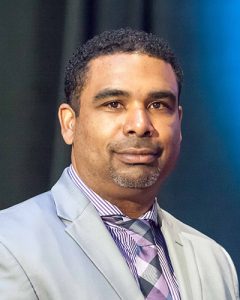
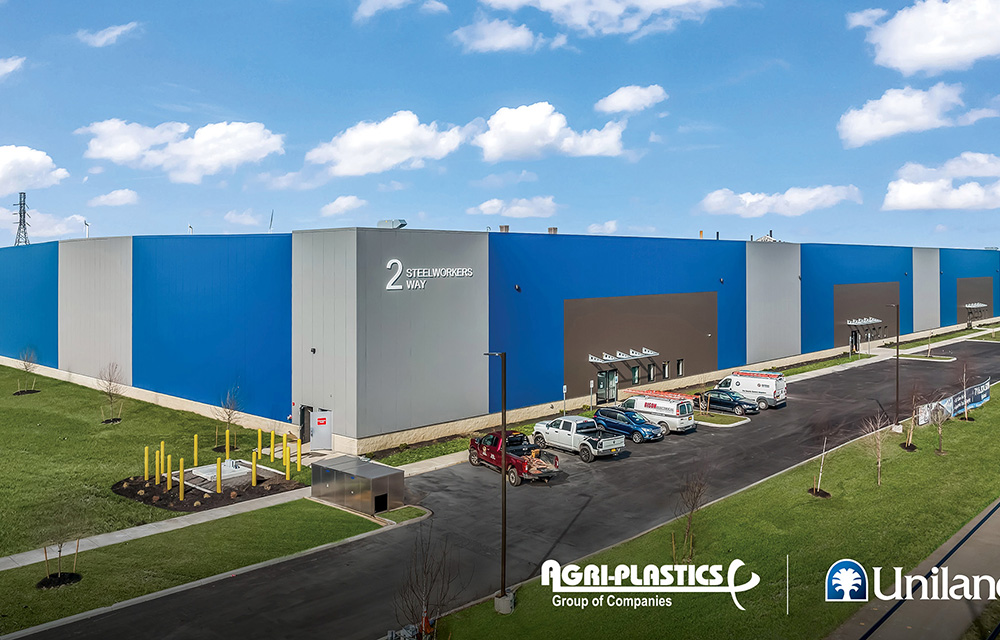
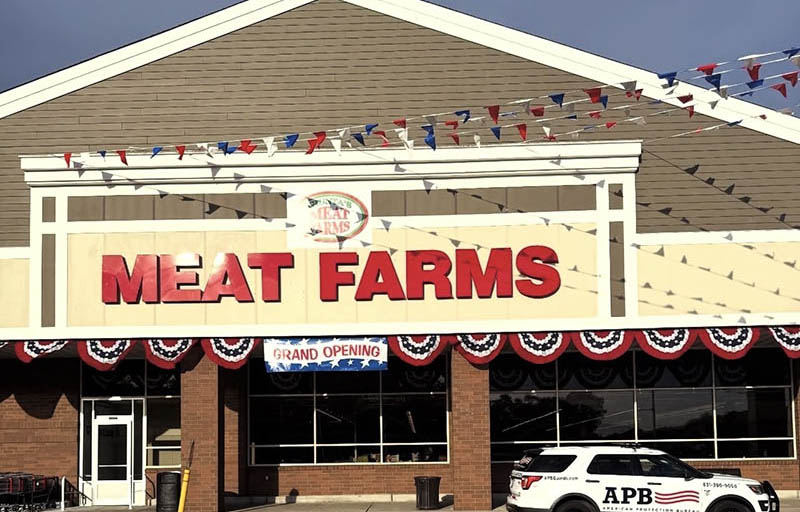
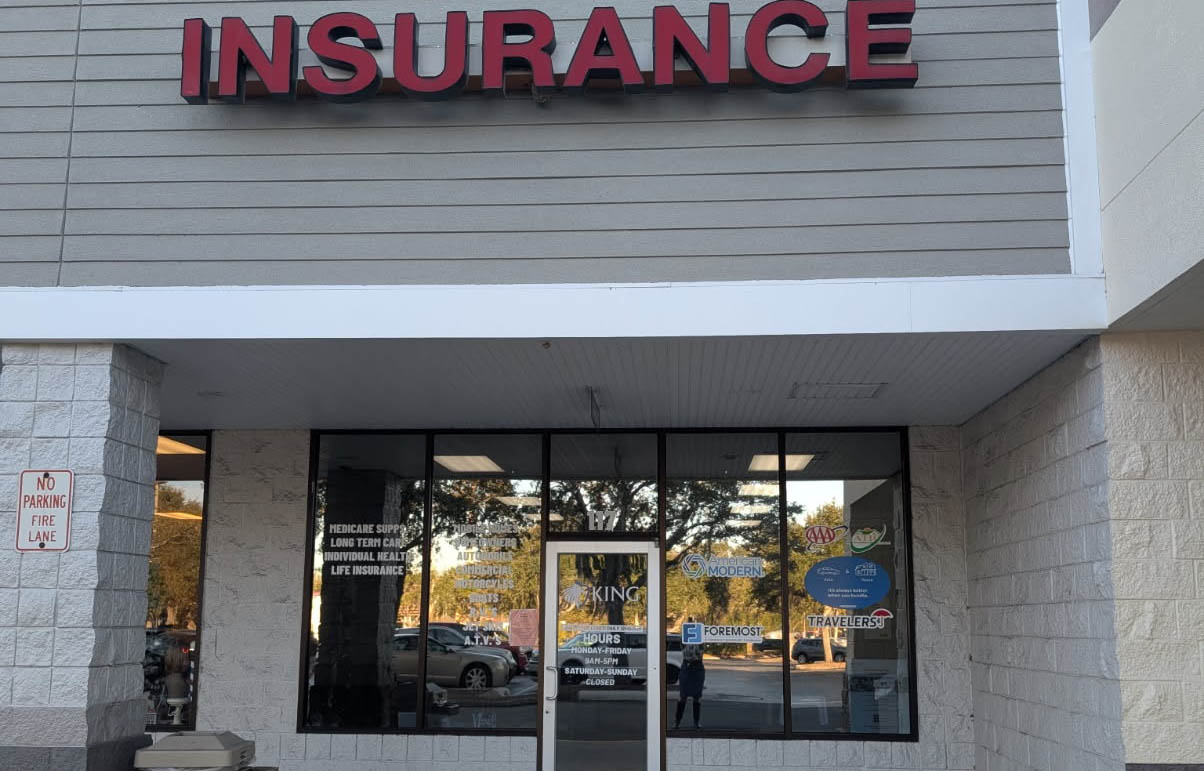
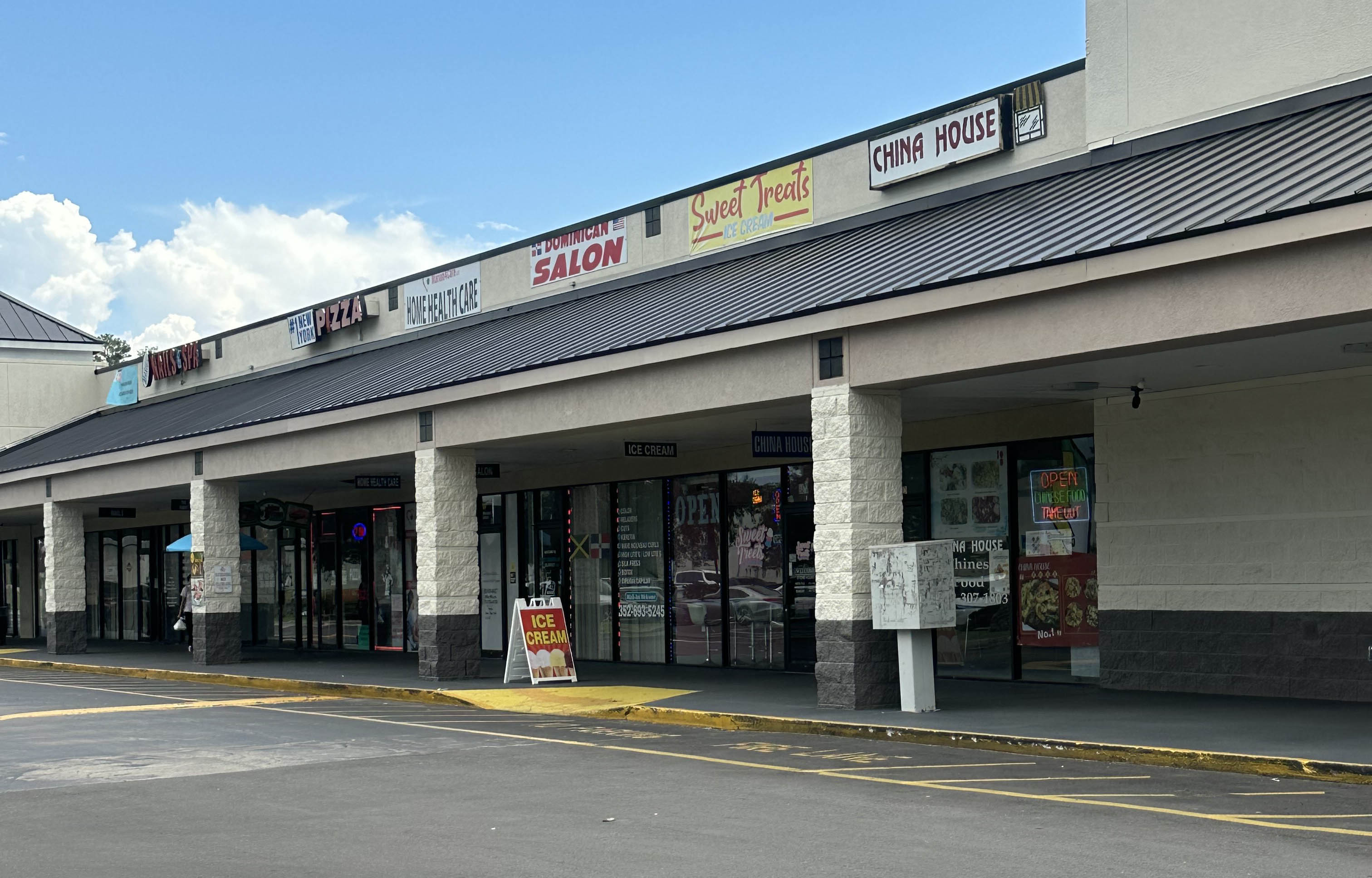


.jpg)
.gif)
.gif)